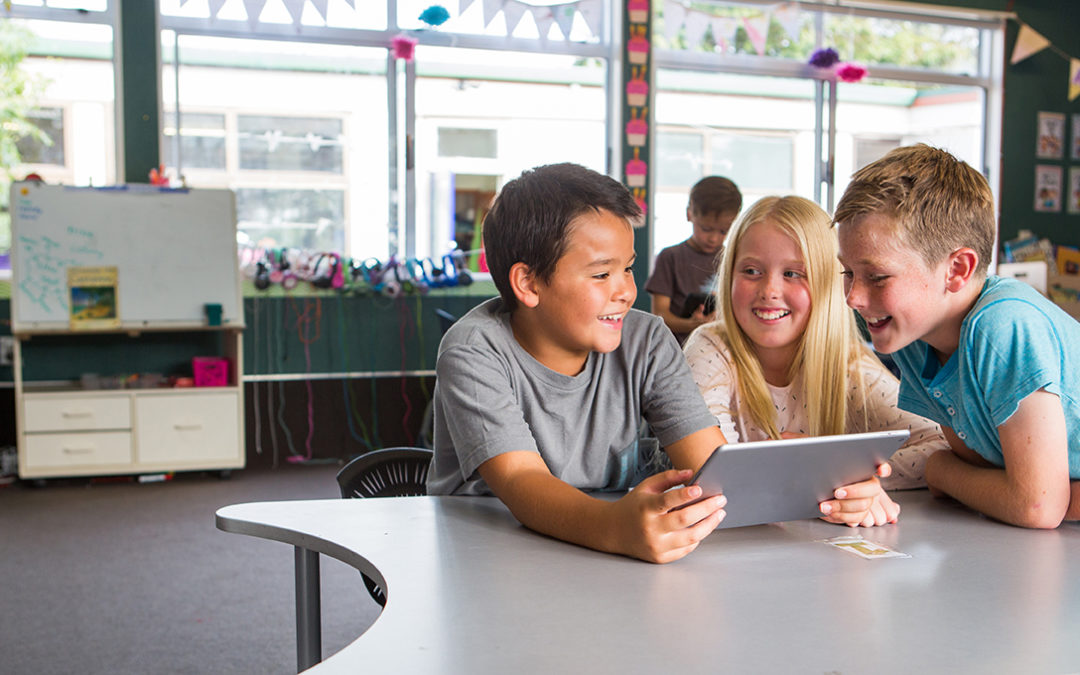That’s the theme of this year’s Safer Internet Day, happening 11th of February. The annual global event is about supporting a safer online world and that’s what N4L is here to help with – a safer and more secure online learning environment for schools and kura across Aotearoa.
While the internet is a great place to learn and explore the world around us, there are also things we need to watch out for. With schools returning from the summer break, it’s a good time to reflect on how we can help to ensure our tamariki and rangatahi are best protected online.
N4L helps by providing schools Safe & Secure internet – which has multiple layers of defence including Web Filtering, Firewall and Threat Protection, which are all fully funded and help protect staff and students from inappropriate content and online threats. There are 14 recommended categories that we recommend schools block to strengthen this protection. You can read more about what’s on offer with the Managed Network here.
We also work ‘together for a better internet’ with our partners, such as Netsafe, to encourage another layer of protection through information and support. Below are a few steps that they recommend using to have a more positive experience when online:
- Protect your online information by choosing strong passwords and keeping them secure.
- Check and be aware of privacy settings in Social Media – who has access to what information about you? Also remember, you have a digital footprint so ensure it’s a positive one!
- Put your ‘fake news’ filter on – what site did you read an article on? Is it a credible news source? The internet can be a great storytelling platform – just know your fact from fiction.
- Practice tolerance, kindness and respect online – if everyone did that what a great world we’d live in! If you do come across any bullying, abuse or harassment online, you can report it to Netsafe, they’re here to help and there’s legislation in place in New Zealand that helps people who experience digital harm.
- Introduce discussions with students (if you haven’t already done so) about online behaviours. Opening up the conversation can encourage ongoing openness for when something does go wrong. Netsafe has some great resources to get the digital citizenship conversations started in your school – you can find them here.
For more information on Safer Internet Day head over to the Netsafe website and remember, the team at N4L are here to help with any of your filtering needs. Give us a call on 0800 LEARNING or email [email protected].
Here’s to a safe 2020, both online and off!

